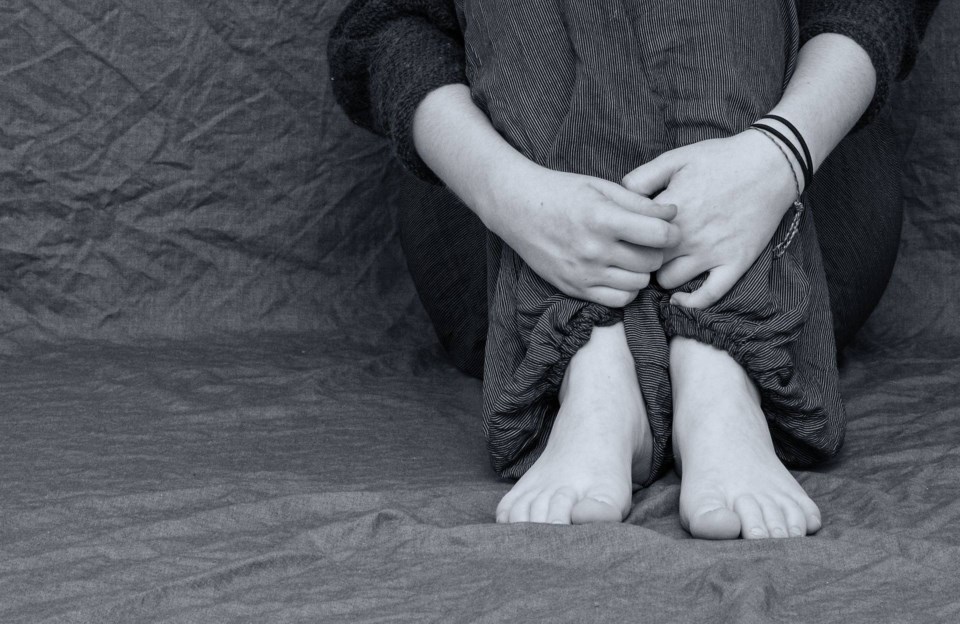by Rena Samin, Ph.D., clinical director, Child & Adolescent Outpatient Department, Behavioral Health Services, NYC Health + Hospitals/Kings County
Bullying is a common experience for many children and adolescents. As many as half of all children are bullied at some time during their school years, and at least 10 percent are bullied on a regular basis.
Bullying negatively affects all who are involved in it, including victims, bullies, and bystanders. It can lead children to feel badly about themselves, perform poorly in school or avoid school, experience physical symptoms such as headaches, stomachaches, or problems sleeping and experience mental health issues such as depression, suicidal thoughts or anxiety.
Bullying behavior is defined as physical or verbal aggression that is repeated over a period of time and involves an imbalance of power. Anyone can bully or be bullied. Bullying can take many forms and can occur in many settings such as schools, after-school programs and other activities. Cyber bullying occurs when the harassment, name-calling, gossiping, outing, rumor spreading, threats or other forms of intimidation are done through social media over the internet.
Bullying should be considered as a serious problem. Effective prevention of bullying involves efforts by students, parents, teachers and community members.
Children may not tell adults that they are bullied because they feel embarrassed or frightened. As a parent, you can be aware of some warning signs of possible bullying, including if your child is missing personal items, trying to stay home from school with physical complaints, has changes in sleep or appetite, has a drop in grades, evidences unhappiness with school, or begins to have behavior/attitude problems. Ask your child to tell you what's going on, and help by providing him or her with lots of opportunities to talk with you in an open and honest way.
Remember to respond to your child in a calm and accepting manner. Let your child know it's not his or her fault and that he or she did the right thing by telling you. Let the school know what is going on, and seek help from your child's teacher, guidance counselor, and school administrator.
Don't encourage your child to fight back; rather, help your child practice being assertive and what he or she can say to the bully to be prepared the next time. Encourage your child to stay with friends or in a group whenever possible to decrease the opportunities for the bullying to occur.
If your child has been bullied, and you notice changes in his or her emotions or behavior that concern you, additional consultation or intervention may be required.
At NY Health + Hospitals/Kings County, our Child and Adolescent Outpatient Behavioral Health Service can provide you and your child with support and counseling to help cope with your reactions to what has happened. We can also help you, your child, and the school develop a strategy together to deal with the bullying. As the new school year approaches, we are available to work with you to make your child's school experience a positive one.




